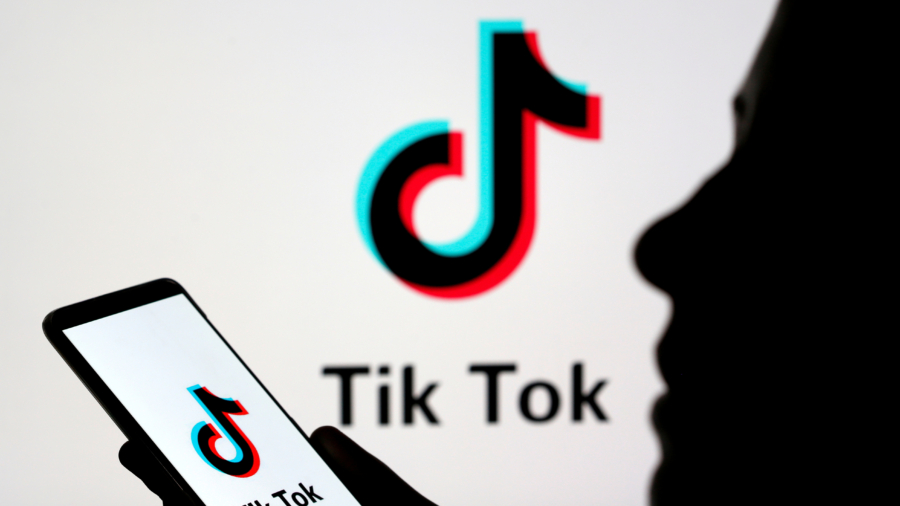A Pennsylvania mother is filing a lawsuit against social networking service TikTok for allegedly causing her daughter’s death by failing to stop a breath-holding viral trend on its platform.
Nylah Anderson, 10, never woke up on Dec. 7 last year after taking part in the “blackout challenge,” a viral trend that demands challenge takers to hold their breath until they pass out. Nylah passed away on Dec. 12, 2021, after spending several days in the intensive care unit.
Instead of suing independent publishers who produced videos of the “blackout challenge,” however, the mother is taking on TikTok and its Chinese parent company Bytedance for “programming children” for profits and “promoting addiction,” according to the lawsuit she filed on Thursday.
“The algorithm is designed and employed to achieve a singular ultimate goal: increase corporate profits. The TikTok Defendants’ app and algorithm seeks to show users videos and content designed to keep users engaged and glued to the app where they are encouraged only to participate more,” the lawsuit reads. “[TikTok’s] algorithm determined that the deadly Blackout Challenge was well-tailored and likely to be of interest to 10-year-old Nylah Anderson, and she died as a result.”
While a platform with a large user base who are children, TikTok did not curb the Blackout Challenge and its dangers from spreading on the platform despite previous deaths and injuries, according to Anderson’s lawyer.
As a result, on Jan. 21, 2021, a 10-year-old girl in Italy choked herself after tying a belt around her neck while attempting the “Blackout Challenge” she saw on TikTok and died after being transported to the hospital.
Two months later, in March 2022, Joshua Haileyes, 12, also died after 19 days on life support while attempting the Blackout Challenge after choking himself with a shoelace.
So too have other children suffered such a tragic fate: a 12-year-old from Oklahoma, a 12-year-old from Colorado, and a 14-year-old from Australia.
Anderson’s lawsuit listed 22 challenges that could potentially cause serious harm to people who attempt them. These include a “fire challenge” that asks attempters to soak in a flammable liquid and then light themselves on fire, and a “Kiki challenge” that asks attempters to get off a moving vehicle and dance in the roadway.
“The TikTok Defendants knew or should have known that their products—the app and algorithm—were dangerously defective and in need of immediate and significant change to prevent users, especially children, from being shown dangerous challenges that were known to have killed children,” the lawsuit says, adding that the company failed to take sufficient action to address the risk brought about by their content onto children.
The mother is suing the social service company for multiple offenses, including wrongful death, strict product liability, and negligence.
“I want to hold this company accountable,” Anderson told CBS Philadelphia. “It is time that these dangerous challenges come to an end, that other families don’t experience the heartbreak we live every day.”
TikTok has yet to respond publicly to the lawsuit.

